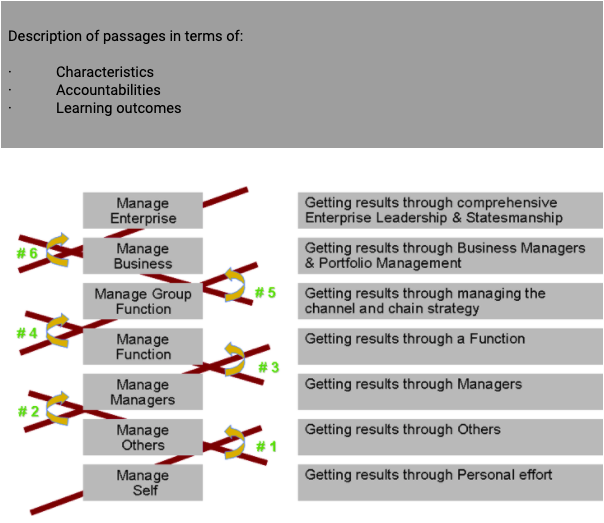Leader vs Manager: 8 points of difference
Every company wants to promote employees within their business instead of looking for external talent. When a person is promoted into a role where it is required to manage people, they don’t automatically become a leader.
Because of the differences managers are not necessarily good leaders and leaders are not necessarily good managers.
Leader vs Manager
| Leaders | Managers |
| Leaders always think long term and do what they say. | Managers often think short term, understanding the goals of team and company but will also do what they say. |
| Leaders inspire and engage their people in turning the vision into reality. They enable people to be part of something bigger. Leaders know that high-functioning teams can accomplish a lot more working together than individuals working on their own. | Managers focus on setting, measuring and achieving goals with their team daily. |
| Leaders are always looking at making change even if things are working but they know their always a better way forward. | Managers usually rather stick with methods what works and fine turn a structure or process. |
| Leaders are willing to be themselves, they are self-aware and will build their unique brand. They are transparent in all aspects. | Managers learn from others and often approach their style. |
| Leaders willing to try new things even if they won’t work out. | Managers often minimise risks. |
| Leaders coach and protect their people to grow and develop them. | Managers assign tasks and guide their team. |
| Leaders always deal with conflict in a positive way. | Managers often avoid beginning involved in a conflict. |
| Leaders always make refer to “we” | Managers can often say “I” but can also involve their team. |
There are different leadership tools that a company uses to identify for succession planning purposes.
I have worked with many leadership tools. I personally find the Drotter methodology (below) user friendly, works well and fits in with the succession planning discussions.
Drotter Methodology



